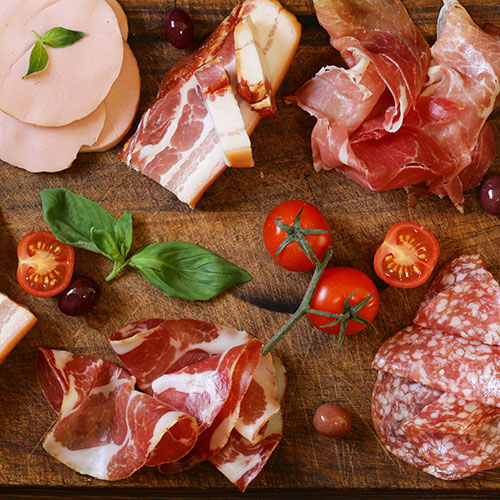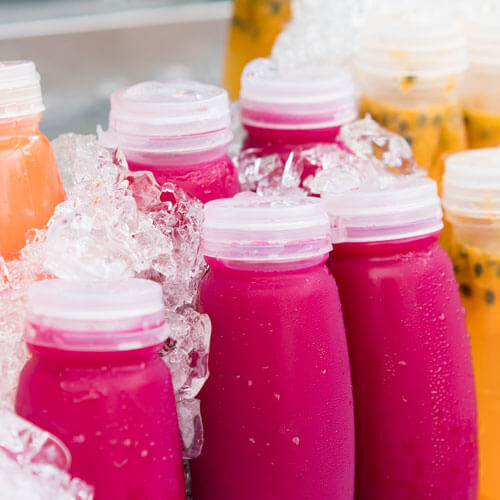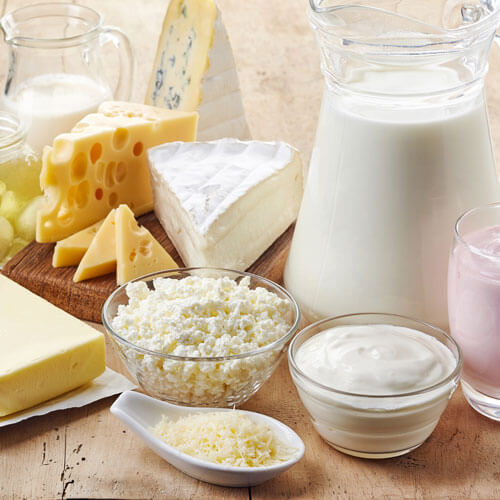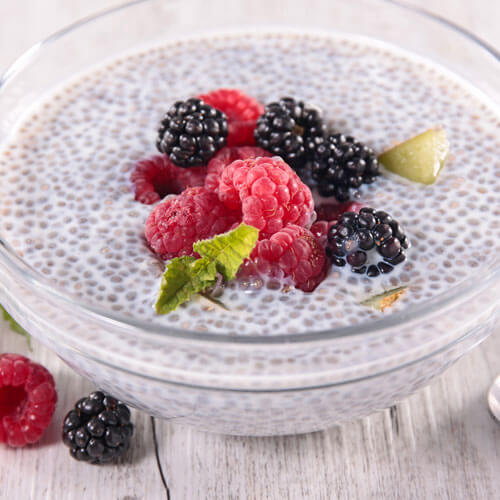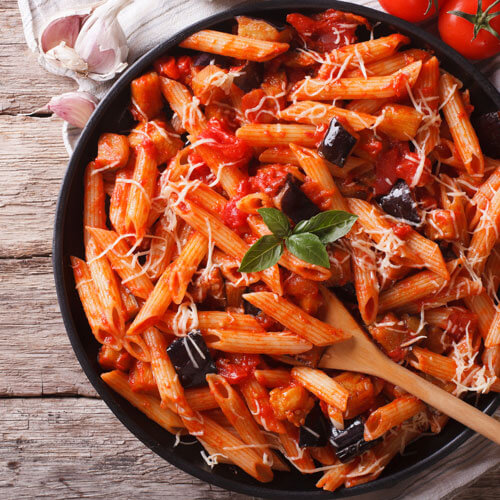High Pressure Pasteurization
High Pressure Pasteurization can be used to process an ever-expanding variety of fresh foods and beverages.
High Pressure Pasteurization can be used to process an ever-expanding variety of fresh foods and beverages.

Ask us how HPP can enhance the
quality, shelf-life & brand equity of your products.
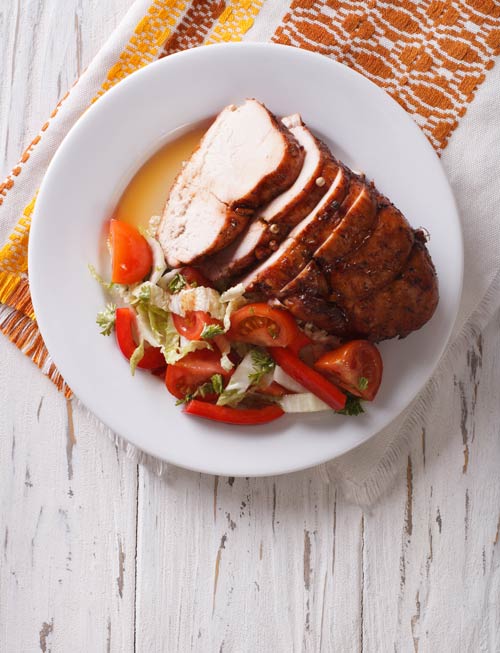
HPP is effective at killing harmful bacteria and extending the shelf life of a wide range of protein products, both raw and cooked. Using HPP on cooked meats often removes the need to use artificial preservatives to extend shelf life and kill spoilage organisms. High pressure is also a great application for raw protein, such as ground turkey and chicken breast, both destroying bacteria and pathogens that make people sick and greatly lengthening shelf life. Manufacturers find value in offering fresh, never heated, ready-to-cook premium products to an increasingly discerning and quality-conscious customer.
HPP is an effective, heatless pasteurization method for a broad variety of meats.
Plastic containers with induction/heat seals, MAP (modified atmosphere packaging), vacuumed plastic and chub-style packaging all work well with protein products and the HPP process. Please contact us for more information on HPP’d meats and packaging requirements.
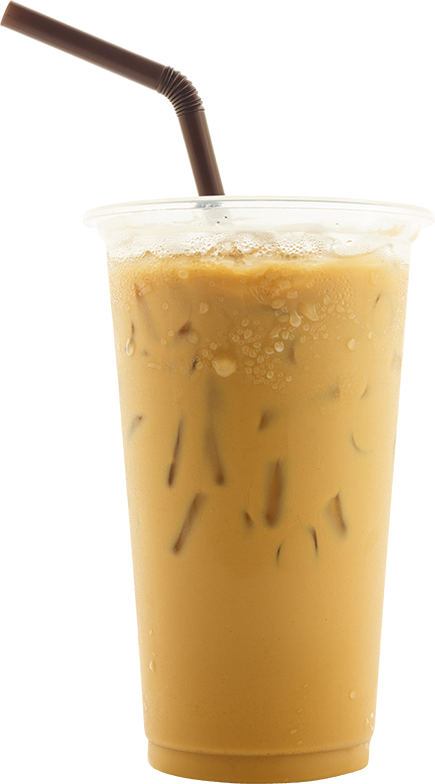
HPP destroys spoilage organisms that make beverages such as fresh juice and cold-brewed coffee go bad quickly. Because high pressure doesn’t involve the use of heat, the flavor and color typically are unchanged after the process, while bacteria are destroyed and shelf life is greatly extended.
At APC, we have seen the variety of beverages and liquids that can be enhanced by using HPP, rather than traditional high-heat pasteurization, rise dramatically over our 17 years.
A wide variety of plastic bottles work well with HPP, however glass, metal, styrofoam and tetra-pack packaging do not withstand either the water, the high pressure, or both. APC assists our customers in choosing bottles and labels that fit their brand message and size requirements, while making sure both are compatible with the HPP process.
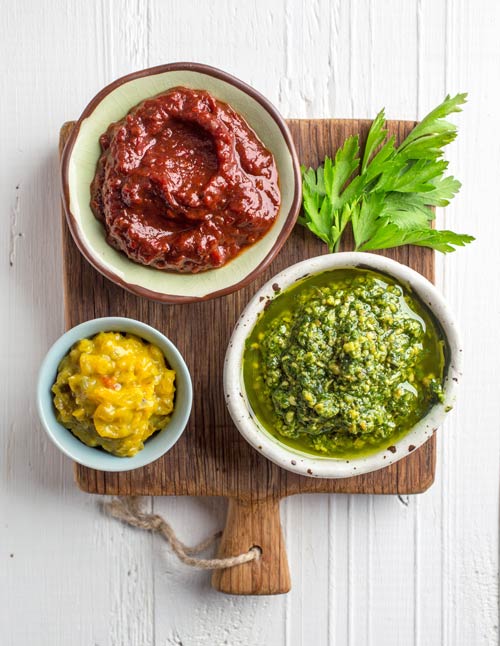
Soups, sauces, salad dressings and broths are usually shelf-stable products because they’ve been pasteurized to sterility with very high-heat, and often contain additional chemical preservatives to give them a very long shelf life. These processes commonly change the flavor, color and nutritional profile of these products. HPP requires no product-altering heat and allows many manufacturers to reformulate current products and develop new product lines that are preservative-free, delivering fresher-tasting foods that better showcase their natural ingredients.
A wide variety of plastic bottles work well with HPP, however glass, metal, styrofoam and tetra-pack packaging do not withstand either the water, the high pressure, or both. Plastic containers with induction/heat seals and vacuumed plastic packaging are also popular packaging choices for these types of products and work well with the high pressure process. APC assists our customers in choosing packaging and labels that work for their product, while making sure both are compatible with the HPP process.
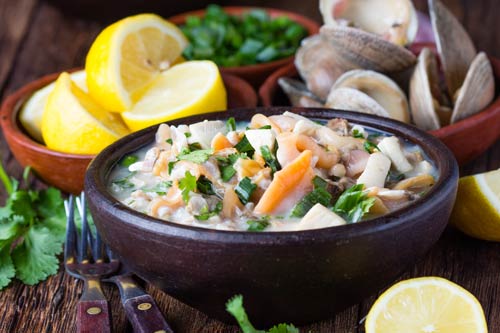
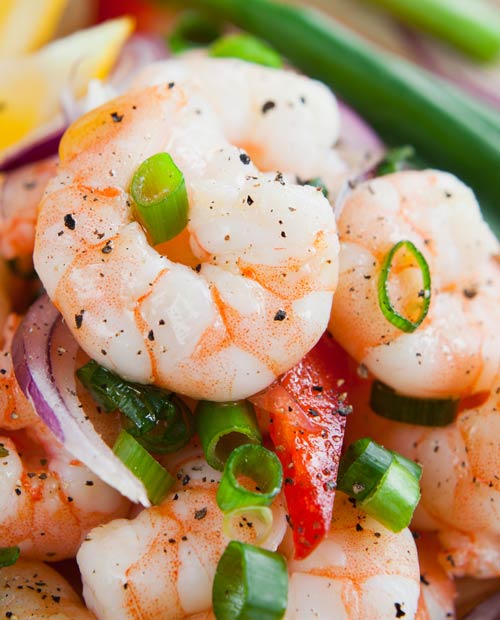
High pressure pasteurization is increasingly used to extend the shelf life and maintain the freshness of never-frozen seafood products.
The primary impediment to applying HPP to fish and shellfish products is a high pH. Controlling for the pH of these products (typically by lowering it during the formulation process) allows for HPP to extend the products’ shelf life and destroy spoilage organisms and other bacteria while controlling for the risk of spore activity occurring. Please reach out to us at APC for more information on how HPP can enhance the quality and food safety of a wide variety of seafood products.
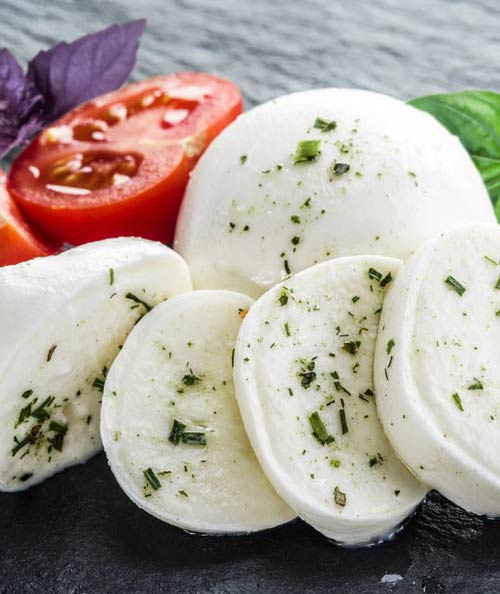
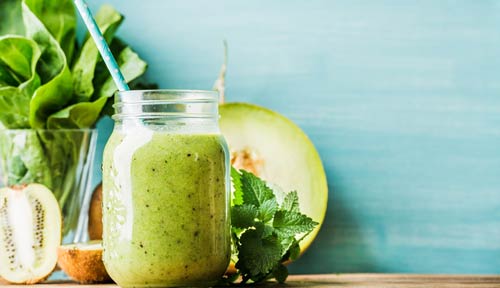
Many dairy products are great candidates for high pressure because HPP destroys listeria – a threshold pathogen that frequently makes its way into products such as cheese and spreads. Listeria is a particularly potent and harmful organism that can make people extremely sick. In egg-based products, salmonella bacteria are more likely to be present and are also destroyed by high pressure pasteurization. In all dairy products, HPP significantly increases product shelf life.
HPP has also been shown to enhance the organoleptic properties of certain dairy products. Please contact us to learn more about applying HPP to dairy and dairy-containing foods and beverages.
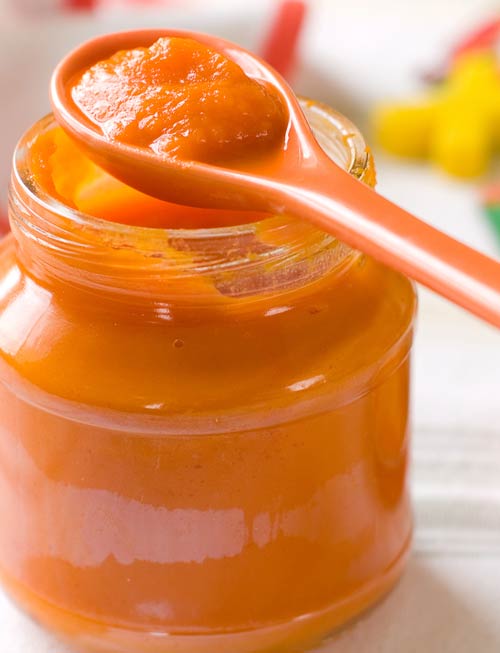

Infants and children are particularly susceptible to illness from bacteria, pathogens and spoilage organisms in food. They also benefit the most from healthy, fresh, minimally processed food that using HPP, rather than chemical preservatives or heat, can provide.
Products that are marketed toward or intended for consumption by infants and young children generally require additional laboratory testing and validation to ensure they are free from any bacteria, even in very small amounts, that could make young people sick. We work closely with Certified Laboratories and federal regulators to be sure our customers are both compliant with regulatory requirements and are delivering a safe product to their little customers.
*Ask us about unique requirements for low-acid beverages
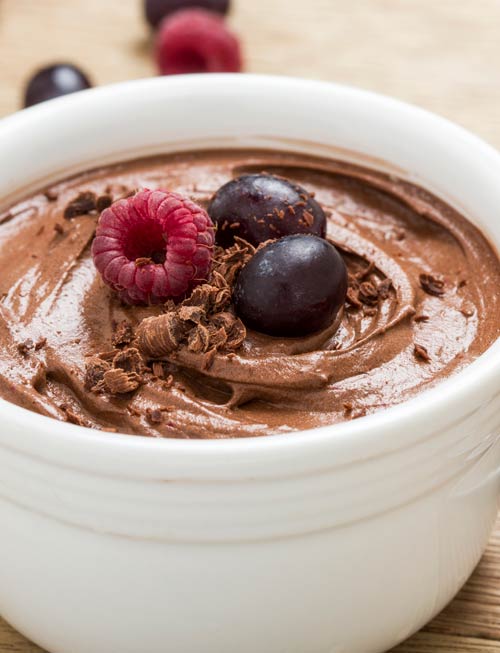
Savory desserts are great candidates for HPP. Using a cold water pasteurization method on these types of products, rather than traditional high-heat, keeps products creamy and fresh tasting and doesn’t alter the flavor or color profile. Shelf life is also greatly extended and spoilage organisms are destroyed.

HPP is a particularly good application for spreads, dips, and dressings. Because HPP does not use heat, it doesn’t “cook” fresh ingredients that are changed dramatically by high-heat pasteurization. Chemical preservatives added to many of these products also leave an aftertaste or change the flavor entirely. HPP gives manufacturers the ability to reformulate these products without the use of chemical preservatives or ultra-high heat, which often damages the taste and color properties of products.
A variety of plastic containers with induction/heat seals and vacuumed plastic packaging are popular packaging choices for these types of products and work well with the HPP process. Please contact us for more information on the benefits of using cold, high pressure pasteurization over traditional high heat to enhance the quality and safety of premium spread, dip, and side dish products.

